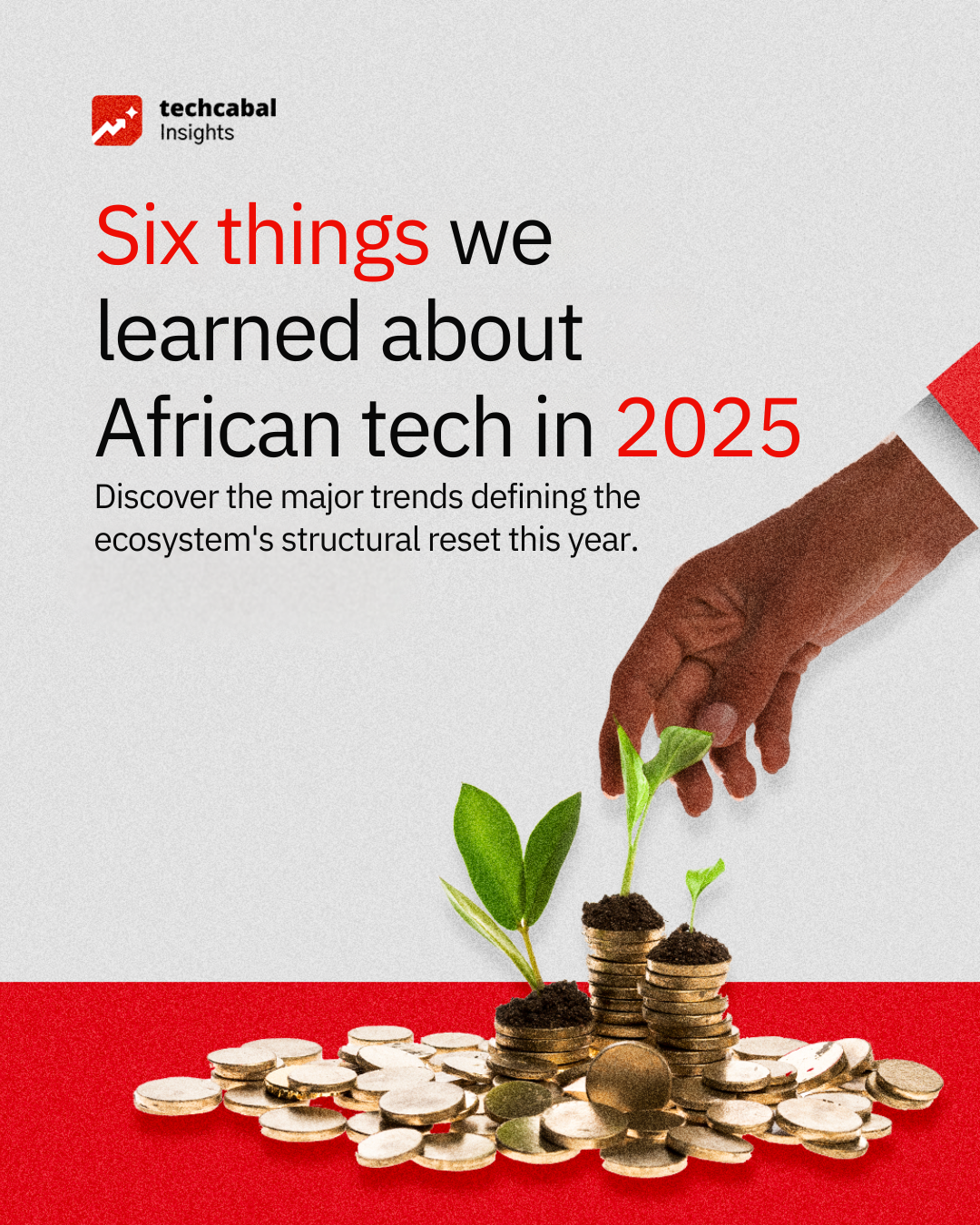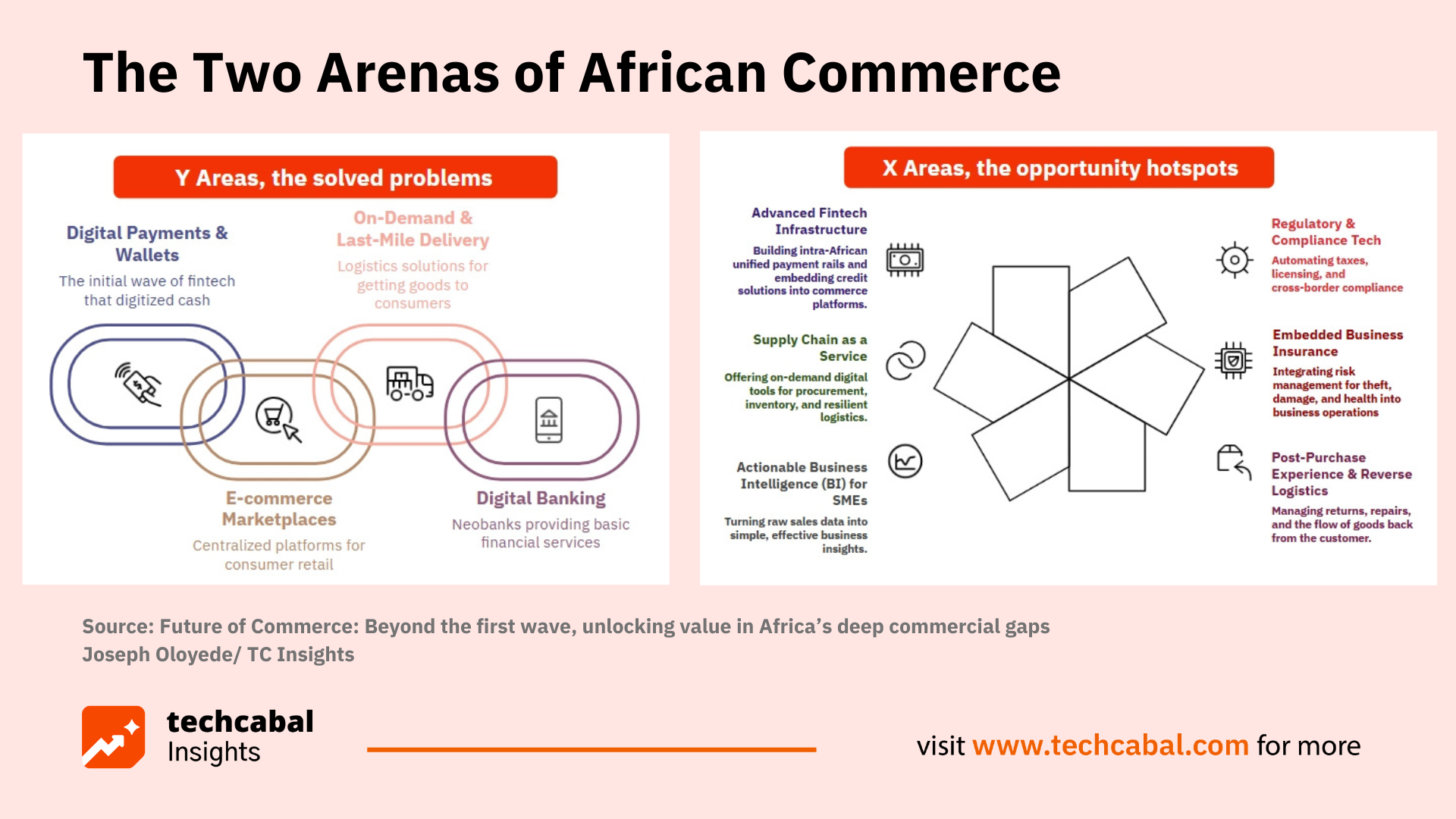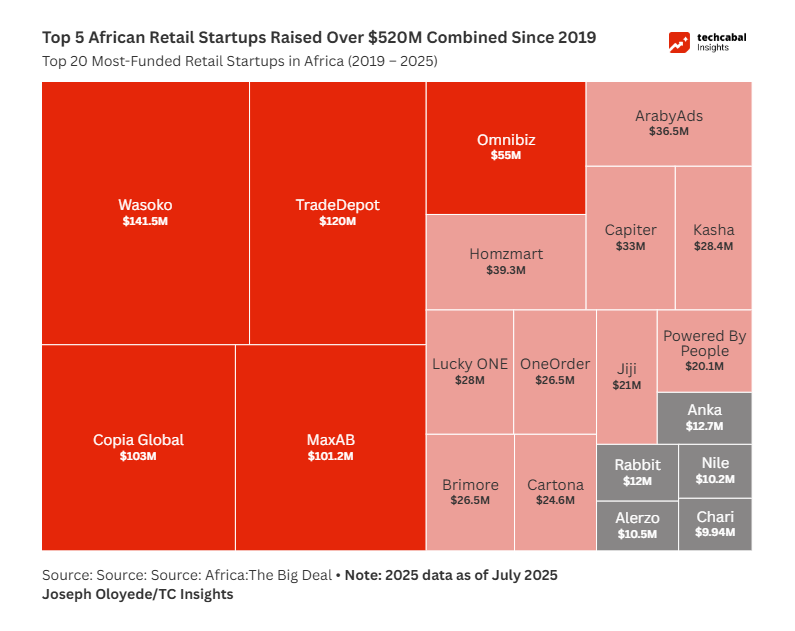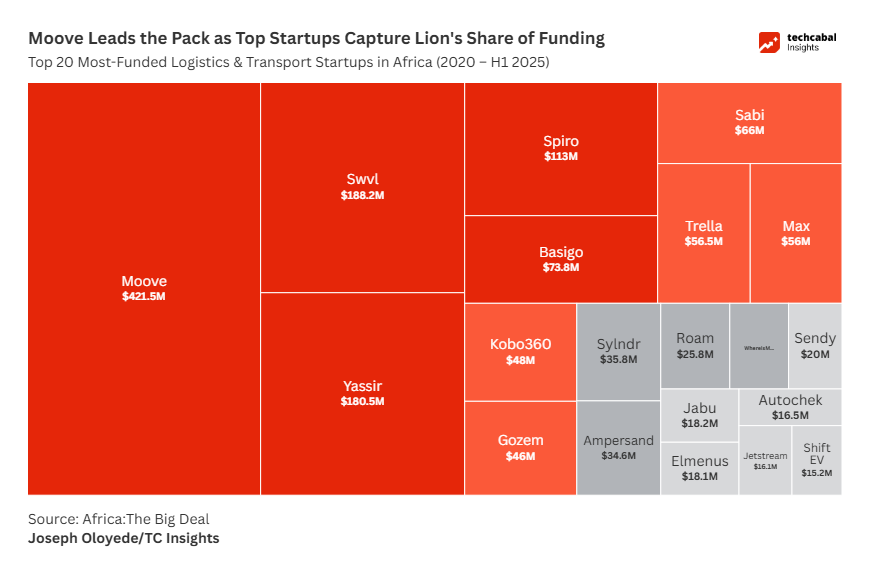The narrative of Africa’s economic future is being rewritten by the rapid advancements in Artificial Intelligence. According to industry projections, AI could inject a staggering $1.5 trillion into the continent’s GDP by 2030, while a recent McKinsey report finds that Generative AI (GenAI) alone is poised to unlock up to $60 – $103 billion in annual economic value. This technological sea-change is not a distant forecast but a present-day reality, with the same McKinsey report noting that over 40% of African institutions are already experimenting with or implementing GenAI solutions.
“If you think Generative Al was groundbreaking, wait till you see its elder sibling. Agentic Al in action!” says Emmanuel Iruobe*, a business strategist and Harvard alum with extensive experience in Africa. Iruobe’s extensive research on the topic highlights that these technologies are especially beneficial for emerging markets.
The Current AI Landscape: A Story in Numbers
AI is growing quietly in Africa. This growth is fueled by a ecosystem of approximately 669 AI-focused firms across the continent. According to the ‘AI Startups Mapping in Africa’ report, South Africa leads in mapped startups with 63, closely followed by Kenya with 59 and Nigeria with 57.
Investment is following suit. According to data from OECD.AI, AI-focused companies in Africa attracted $1.24 billion in venture funding between 2019 and 2024.
This represents about 7.5% of the $16.73 billion total invested in Africa’s tech space during the same period, as reported by ‘Africa: The Big Deal’. This demonstrates growing investor confidence in AI’s potential to solve uniquely African challenges. Despite these signs of growth, Africa is still barely scratching the surface of what’s possible with AI.
ALSO READ: African AI Startups: Navigating growth amidst infrastructure gaps
From Generative to Agentic: Africa’s Next Competitive Edge
Iruobe’s work distinguishes between two powerful forms of AI. Generative AI, like ChatGPT, excels at creating content. Agentic AI, however, takes this a step further by introducing proactive and autonomous action.
To illustrate, Iruobe presents a scenario of a fintech startup. Traditionally, building a product could take up to a year. With Agentic AI, this timeline could be slashed to two months or less. He describes AI “agents” that can act as a co-founder synthesising customer interviews on the fly and an entire development team, dramatically reducing the costs and time associated with innovation.
“These technologies can particularly be a game changer for small and medium businesses around the world and in Africa, helping them level up with their more established counterparts,” Iruobe explains. He argues that the combination of Africa’s existing cost advantages with AI-driven efficiencies could position its businesses to “command a larger global market share,” leading to job creation and socioeconomic development.
A Strategic Blueprint for AI Integration
While the potential is immense, successful implementation is not intuitive. Iruobe’s research offers a structured approach for businesses seeking to leverage these tools.
1. Understand the Anatomy: He stresses that applications like ChatGPT are merely the “tip of the iceberg.” Below the surface are essential layers: the Data Layer, comprising Large Language Models (LLMs) like Gemini and GPT-4, and the Infrastructure Layer, which includes cloud platforms like Amazon Web Services and Microsoft Azure that provide the necessary computational power.
2. Prioritize Use Cases: Iruobe provides a framework for identifying the best tasks to augment with AI. He suggests prioritizing use cases that are high in both human effort and “digital content”—meaning the work can be done on a computer. High-effort, high-content tasks offer the highest potential for productivity gains and should be the immediate focus.
3. The Four Building Blocks for Success: According to Iruobe, technology is just one piece of the puzzle. A successful AI implementation requires four key building blocks:
- People and talent readiness: This involves training staff to use AI tools effectively and fostering a culture that views AI as a collaborator.
- Processes and workflows: Existing processes must be re-engineered to integrate AI, with quality control mechanisms to ensure output integrity.
- Data and Cybersecurity: Requires robust data infrastructure and cybersecurity protocols to protect sensitive information.
- Technology and Infrastructure: Businesses must assess their current IT capacity and plan for the increased demands of AI workloads.
Navigating the Headwinds: Challenges and the Human Element
Despite the optimism, significant hurdles remain. A primary roadblock cited by over a third of African executives is limited infrastructure, including a lack of reliable power and regional cloud resources outside of South Africa. Africa is home to less than 1% of the world’s data centers, creating a notable gap in local processing power.
A severe shortage of AI-related skills is another critical challenge. In South Africa, 78% of organizations report a need for AI skills, yet a significant gap persists between workforce capabilities and employer requirements.
Iruobe also highlights the inherent risks of the technology itself, such as the potential for AI “hallucinations” (false outputs) and biases present in training data. This underscores the continued need for human oversight. “There’s a reason many of these tools are called copilots, not autopilots,” he cautions. “We still need human beings to conduct final validation to de-risk the output.”
Even with these checks, the efficiency gains are undeniable. Studies have shown that effective AI deployment can lead to productivity increases of up to 40%. As businesses and governments navigate these challenges, the transformative potential of AI, which experts like Iruobe believe could be as “consequential as electricity or even the internet,” offers a pathway to a new wave of prosperity for the continent.
Editor’s Note
Emmanuel Iruobe is a renowned Business Strategist who has executed scores of high-profile and strategic engagements working with multiple governments in Africa, multilateral institutions, and Fortune 500 companies. Mr. Iruobe has spent the last three years conducting cutting-edge research on the exciting world of GenAI and how businesses can incorporate the technology to drive significant productivity gains. He has led the strategy and implementation of these powerful technologies in a Fortune 500 environment in the Silicon Valley area of the United States. He is a thought leader and practitioner in this niche area at the intersection of technology and business.










